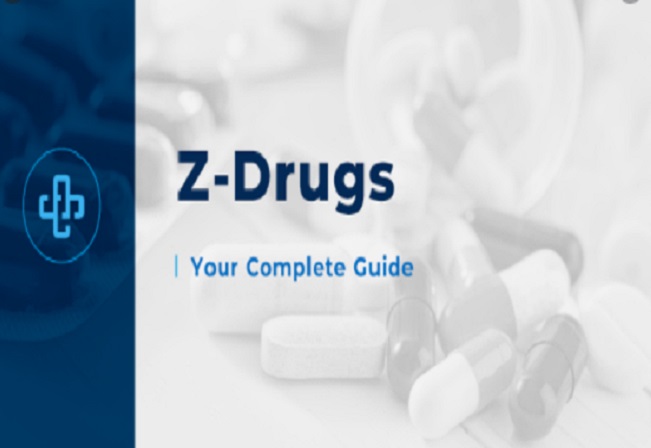New Delhi: Strong sleeping pills known as ‘Z-drugs’ are linked with an increased risk of falls, fractures, and stroke among people with dementia – according to research from the University of East Anglia.
Sleep disturbance is common among people with dementia and the impact for patients and their families is significant. The study was published in the journal BMC Medicine.
But a new study, reveals that stronger doses of these drugs are linked with an increased risk of adverse effects.
These adverse effects were found to be similar or greater than those for higher dose benzodiazepines or ‘benzos’ – which are also used to treat sleep disturbance, and are known to have several adverse effects.
Prof Chris Fox, from UEA’s Norwich Medical School, said: “As many as 90 per cent of people with dementia suffer sleep disturbances and it has a big impact on their mental and physical health, as well as that of their carers.
The team analysed data from 27,090 patients in England diagnosed with dementia between January 2000 and March 2016. The average age of the patients was 83 and 62 per cent were women.
They looked at the adverse events for 3,532 patients who had been prescribed Z-drugs and compared them to people suffering sleep disturbance who had not been prescribed sedatives, and patients who had been prescribed benzodiazepines.
“For patients prescribed Z-drugs, 17 percent were given higher doses. And we found that these patients on higher doses were more at risk of falls and fractures, particularly hip fractures, and stroke – compared with patients who were not taking any medication for sleep disturbance,” said Prof Fox.
Those on lower doses, however (?3.75mg zopiclone or equivalent) were not found to have an increased risk of adverse outcomes.
Dr. Ian Maidment, Reader in Clinical Pharmacy at Aston University and lead pharmacist on the study stated: “Z-drugs are widely used to treat insomnia in people living with dementia, but are only recommended as a short-term treatment for the maximum of four weeks. Our work shows the importance of clinicians including GPs and pharmacists reviewing patients on long-term Z-drugs.”

